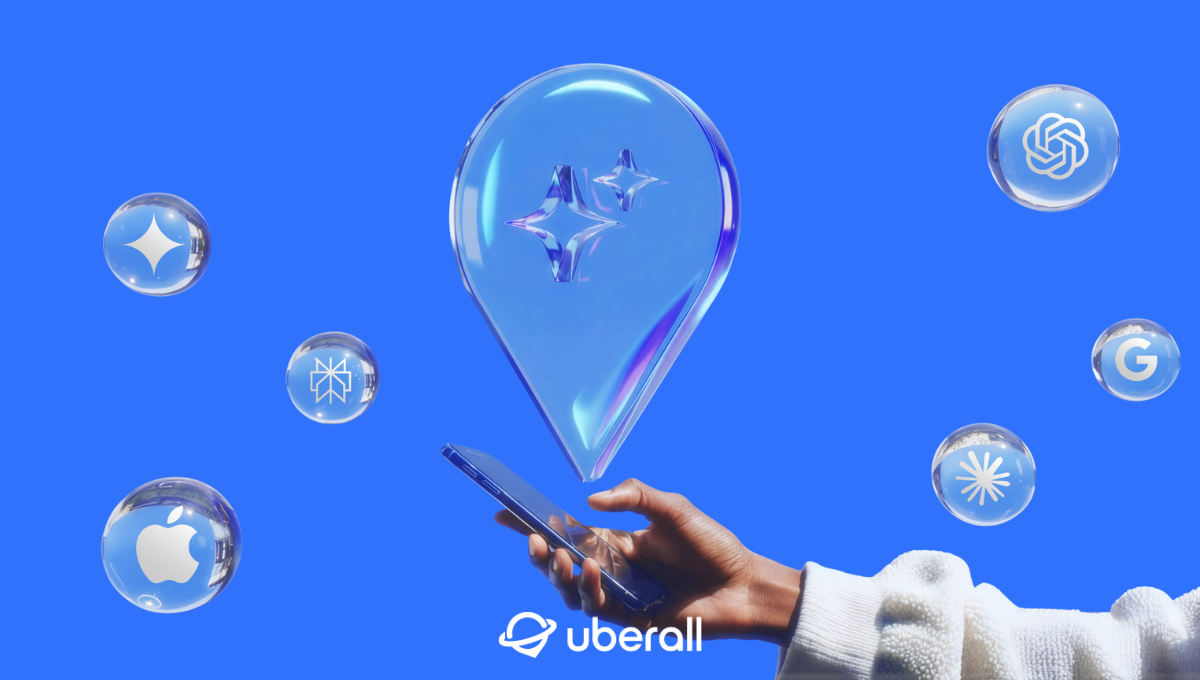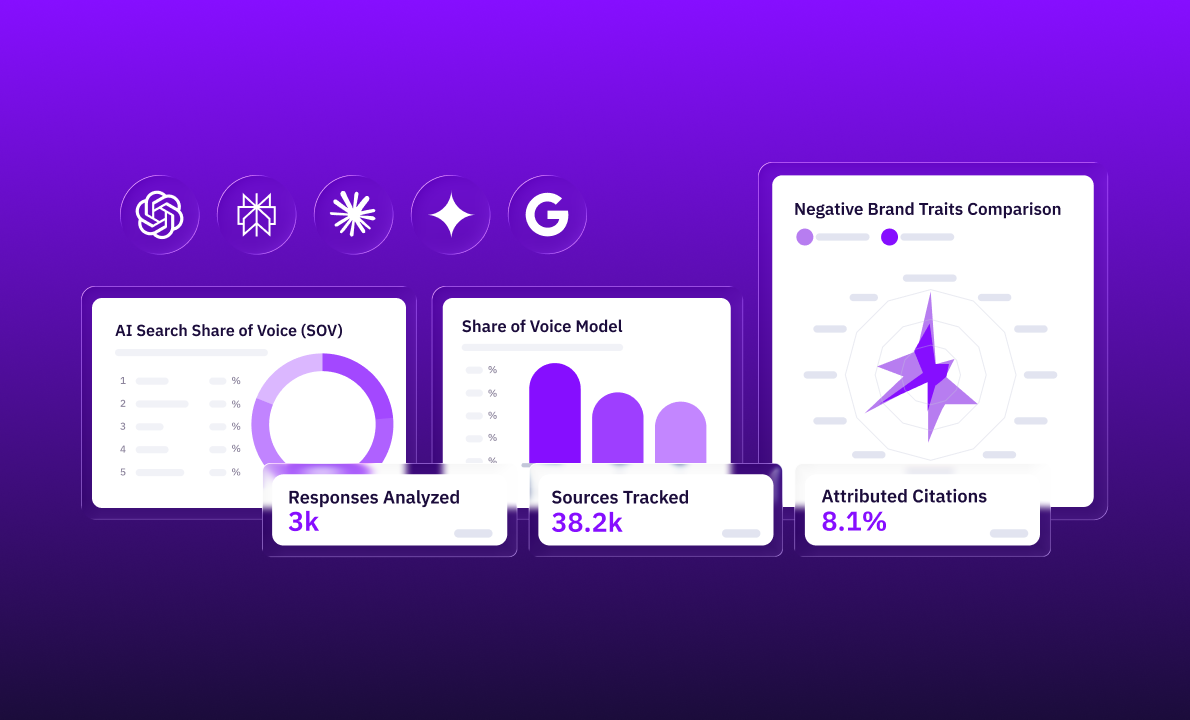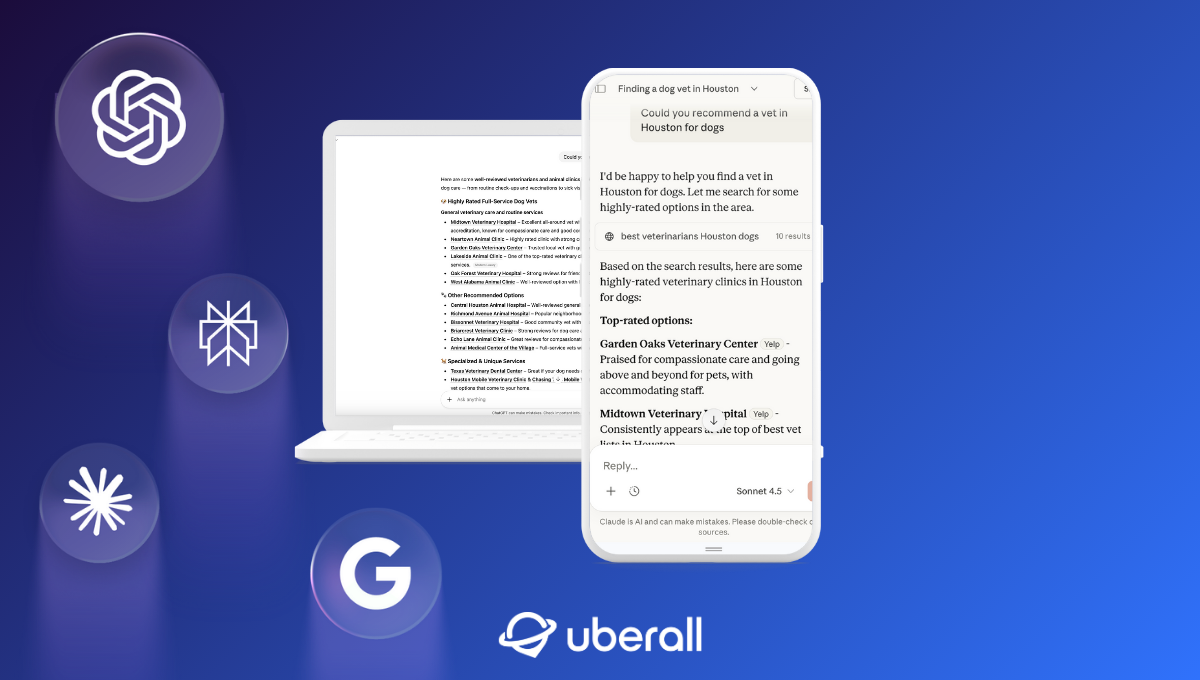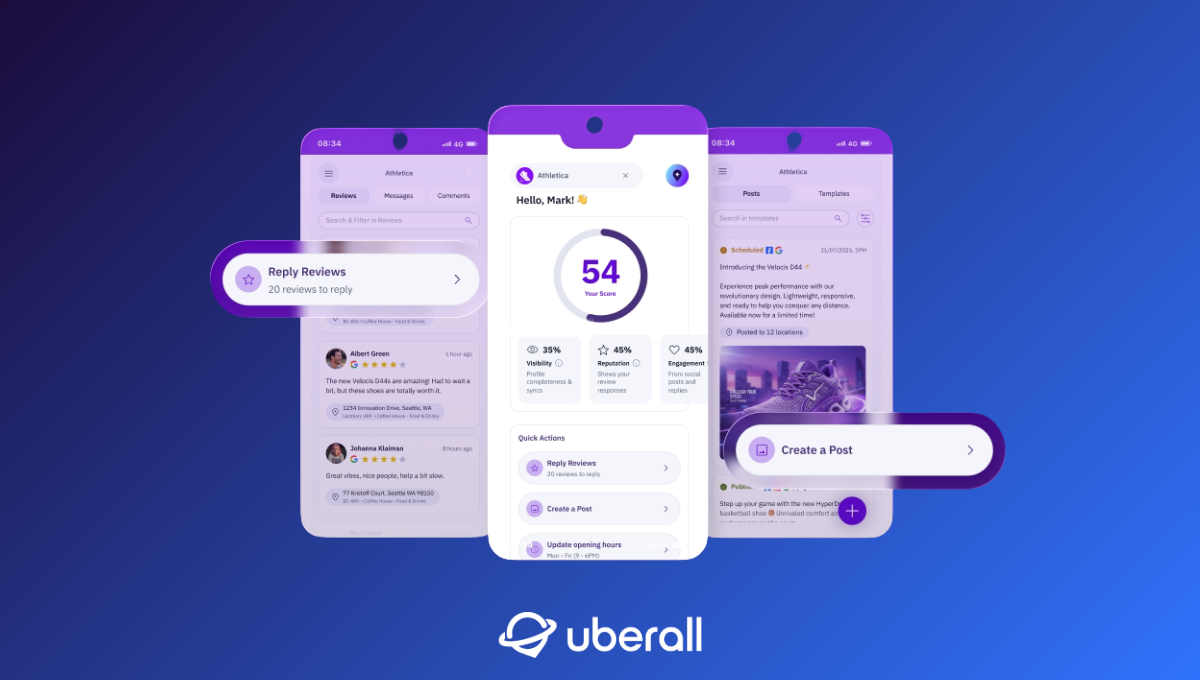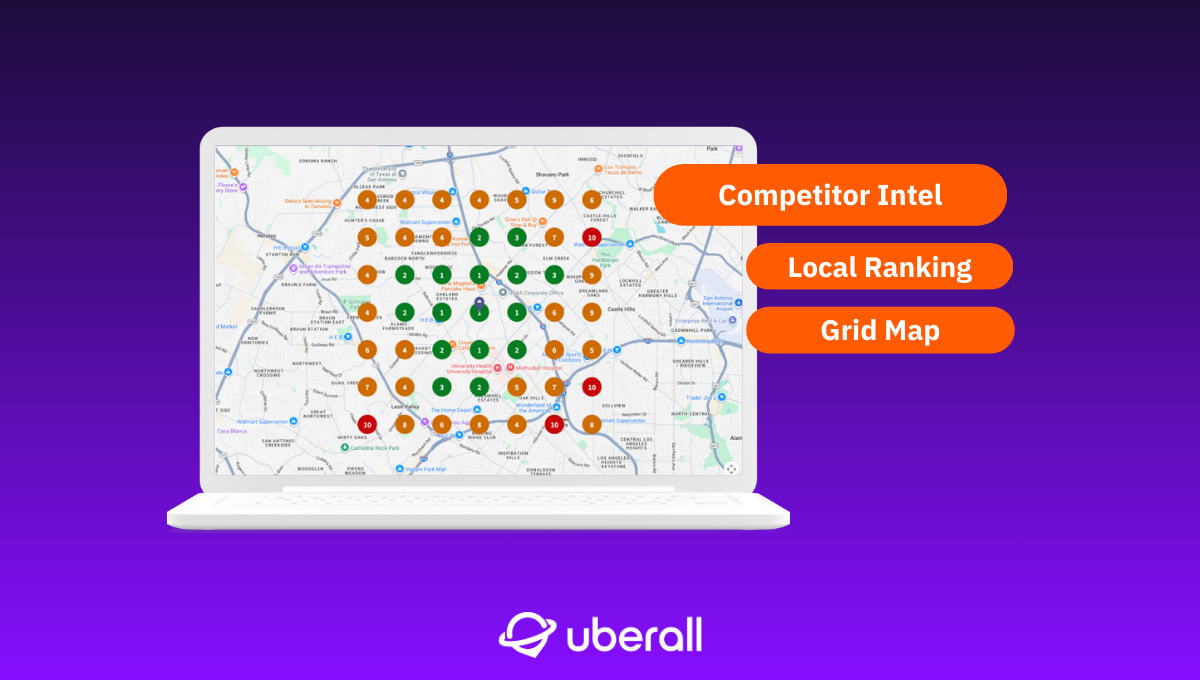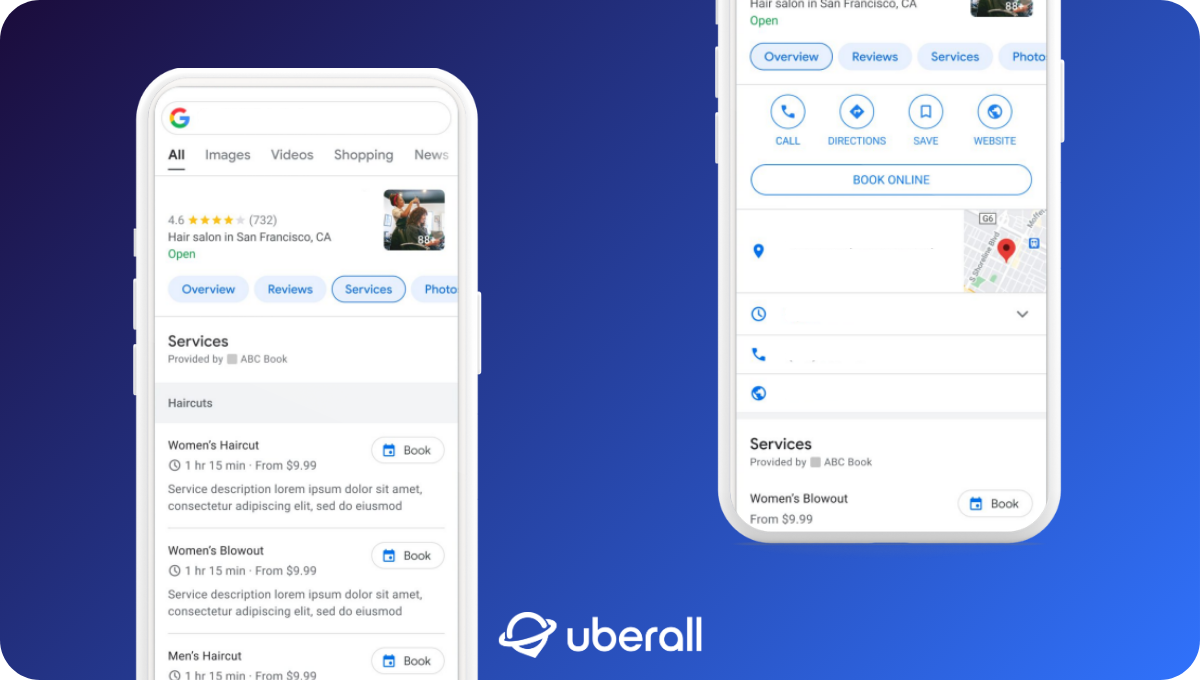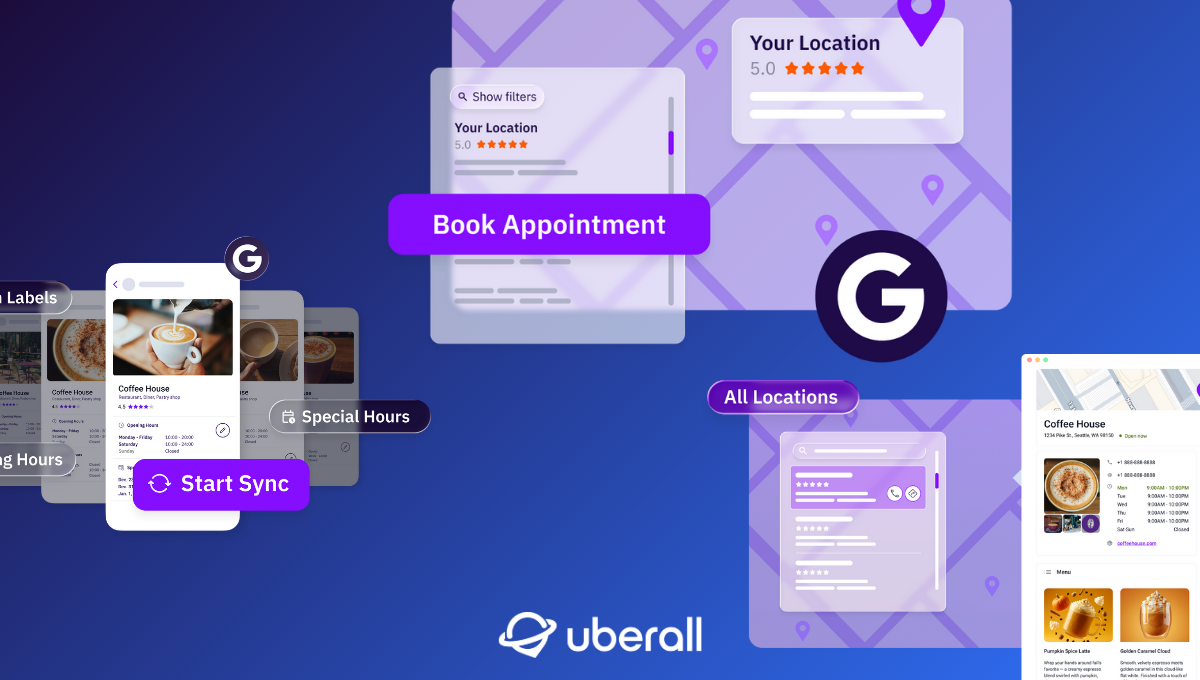
Facebook Marketing Strategy: Why Meta's Main Platform Still Matters
Despite Facebook’s reputation as “the old person’s social media channel”, it holds surprising relevance. Discover why you shouldn’t underestimate it!
Facebook garnered a reputation for being the “old person’s social media channel”. After all, it’s 10+ years older than TikTok or Instagram. So one might wonder: is Facebook still relevant for digital marketing?
In short: yes, absolutely, no doubt, don’t ever ask again. Just for the sheer number of daily active users, Facebook dominates the world of social media on a global level.
Facebook's Evolution: From College Network to Global Social Media Giant
Facebook has evolved significantly since its inception in 2004 as a social networking platform for college students. Originally named "TheFacebook," it quickly expanded beyond college campuses and opened to the general public in 2006.
Over the years, Facebook has continually introduced new features and innovations, including the News Feed, Timeline, and integrated advertising solutions. The acquisition of Instagram in 2012 and WhatsApp in 2014 further expanded its influence and user base.
Up until today, Facebook remains the third-most visited website after Google and YouTube, with WhatsApp and Instagram—also owned by Meta—following behind. Taken together, the Meta family of social media serves almost 4 billion users on at least one of the company’s core products during the fourth quarter of 2023.
The Typical Facebook User
While historically associated with older adults, Facebook's user base has evolved to include a significant proportion of younger individuals, especially in the 18 to 34 age range. In fact, they account for 18.3% of global users, while the second largest audience base includes men aged 18 to 24.
This demographic is often highly engaged with social media, using Facebook for various purposes such as connecting with friends and family, consuming news and entertainment, and engaging with businesses and brands. But even if we operate from the intuition that Facebook’s core audience revolves around Millennial-plus users, more mature consumers bring more buying power and make more buying decisions, especially in families.
Overall, the typical Facebook user is tech-savvy, socially connected, and values the platform as a versatile tool for communication, networking, and content discovery. Hootsuite’s Social Trends 2024 Survey found 54.9% of Facebookers use the platform as their primary hub for researching brands, with a whopping two-thirds of all users exploring local business pages at least once a week.
Facebook as a Marketing Channel
With almost 3 billion active users, Facebook offers a vast audience for businesses to target and engage with. Its advanced advertising platform allows marketers to finely target specific demographics based on interests, behaviors, and demographics, ensuring efficient ad spend and maximizing ROI.
Despite reaching apparent growth saturation in markets like the US, if you’re developing a global marketing strategy, Facebook should play an even more important role. The platform continues to grow and accelerate in developing nations, where Meta also partners with carriers to provide internet access in hard-to-reach places.
Why Facebook?
Although TikTok seems to dominate the attention of younger audiences at first glance, resist the urge to take your foot off the Facebook pedal in your social media marketing.
Your presence on Facebook makes you available where your customers already spend their time, somewhere you can develop a distinct relationship by creating and distributing quality content that they find helpful. Note the “helpful” part of this equation: marketing on Facebook works best when you do more than push products or services incessantly on users’ feeds.
How to Facebook?
As a social media platform, Facebook enables businesses to set up a Facebook Page for their brand and each of their locations—a publicly-available profile where customers can discover and engage with your business. In the same vein, don’t forget the customer service potential of Facebook Messenger. 59% of Facebook users have reached out to a brand on the platform, with 46% of those messages specifically related to customer care.
By fully optimizing a Facebook business page, brands can create something like a second website. From there, you can advertise and sell products and services directly to your target audience either organically, or through paid posts using the Facebook ad platform.
Your Facebook page uses many of the same aspects as your Google Business Profile. Make sure you have:
- Profile photo (such as your logo)
- Cover photo (such as markers of the individual location)
- Full contact information (name, address, phone number)
- Accurate business category (such as “retail” or “hospitality”)
- Functioning call to action button (such as “call now”)
- Detailed “About” section
- Custom Page URL
If it’s appropriate, consider featuring your products in the Facebook Shop tab, too.
Flexible Options in Facebook Marketing
When complemented with your organic content, the list of built-in tools at your disposal shows off the best of Facebook as a mature marketing platform. Marketing tactics include a variety of options:
- Boosted Posts
- Facebook Ads
- Facebook Reels
- Facebook Messenger
- Facebook Groups
- Facebook Shops
- Facebook Live
- Facebook Events
The Digital 2023 report shows that across Facebook marketing tactics, businesses post an average of 1.27 times per day, with content made up of 30.2% photos, 17.4% videos, 50.6% link-based posts, and 1.8% status posts.
Effective Facebook Marketing Strategies for Multi-Location Businesses
While Facebook continues to dominate, their marketing tools have changed over the years, and they seem to tinker endlessly with their algorithm. What worked pre-pandemic, or even just last year, might not work for you anymore.
Our advice: Get local! When you get local, you get personal, more likely to attract interested buyers while building trust at the same time.
Local Facebook Pages
It might feel counterintuitive to set up local Facebook pages for each of your locations when you want a consistent approach to branding and messaging, but for large multi-location brands, local Facebook Pages are now a critical element for protecting both seamless customer experiences and mobile reputations.
Local Facebook pages yield massive potentials for growth and reach that can outpace national brand page results by a significant margin. You need a strong setup if you want to go all-in on hyperlocal Facebook ad marketing, enabling targeted advertising that drives consumers to the page closest to them, instead of the more general brand page. But this can help drive conversions both online and in-store. In fact, even as the reach of brand pages on Facebook has declined, local pages have soared—especially as many people still enjoy “checking in” on Facebook while on location so they can capture the moment to share their adventures with friends.
Facebook pages allow you to embed a call to action button, such as “call now” or “send message”, list your products and services, as well as respond privately to comments so you can resolve customer issues. Of course, the presence of a local page also allows you to track customer sentiment for each location through reviews and comments, rather than weeding through a brand page to figure out where to address issues or greatness.
In order to stay competitive, you should plan on claiming, cleaning, managing, and actively posting across all of your locations’ Facebook pages. Yes, you may find a rogue location page for one or some of your outlets; don’t delete them! Claim them and merge them with your brand’s official local business pages to maintain engagement from the unofficial page, gaining you an instant boost in reach and engagement.
Facebook Ad Marketing
Facebook built out a laser-focused targeting approach to advertising that leverages all the personal data on users’ Facebook accounts so that multi-location businesses can reach specific audiences, such as certain ages or genders that live in specific locales. You can also create custom audiences and jump right into the newsfeeds of the people who are most likely to buy from you.
The key to social ads is to get very specific and own that focus. You want to drive people from their Facebook newsfeed onto a landing page, then get them buying something, signing up, or coming into your store. Lean into the targeting features in Facebook ad marketing to get the most bang for your Meta buck:
- Geographical targeting at the level of state, city, or zip code can raise awareness
- Exclusionary targeting sub-groups of buyers and sending them ads that are most relevant to where they are in the customer lifecycle
But remember, targeting involves more than geolocation and demographics; you also need to target your messaging. Don’t rely on a one-size-fits-all approach. Instead, use dynamic targeting fields to make each ad unique to the individual store nearest the consumer.
Downsides of Facebook Ads
Because of all these slick tools for targeting and audience definition, Facebook advertising can be a complicated beast. Many companies end up throwing dollars down the drain when they turn to Facebook ad marketing, whether due to a lack of available time to familiarize themselves with all the possibilities, or worse, fears of going hyper-focused, lest they miss a few prospective customers.
Moreover, many of these ad marketing capabilities have come at the expense of organic reach. The constant changes in Facebook’s algorithm makes it difficult, if not nearly impossible, to get into people’s feeds without spending your money with them. A Facebook “like” is worth very little these days; the company wants you to invest in Facebook ad marketing instead.
Facebook Messenger
Facebook says more than 1 billion messages are sent between people and businesses on Messenger each month. With 375,000 people talking to bots on Messenger every day, calling on 34,000 developers and 33,000 bots on the Messenger platform, a winning Facebook marketing strategy should plan on harnessing AI and automation for more relevant live communications.
These sorts of Facebook marketing tools foster connection and engagement. 74% of adultsfeel connected to businesses they can message directly, and 66% say messaging is their preferred way of communicating with a business. Customers love direct interaction, and they ask questions about a business via Messenger for its convenience, reaching out on their own time without needing to remember opening hours.
Accommodating that sense of convenience with Facebook messenger can increase customer satisfaction and retention. Plus, with the right tools and tactics, you can handle conversations on Messenger without wasting resources. Taking advantage of an effective social media management tool can help you unify messaging, across all your locations, and all in one place.
Synergies Between Facebook and Other (Social) Networks
The bread and butter of Facebook marketing strategies all continue to lean heavily on your overall digital marketing work. Remember that deploying our Facebook marketing tips also offers added value across Instagram, WhatsApp and, now, Threads.
Meta’s legacy status was built on refining their marketing tools to a fine art. For example, by partnering with delivery services like Doordash and GrubHub, Facebook enables customers to order directly from local restaurants from within the platform.
Do you really need to host 360-degree videos or sell products via a chatbot? Maybe not, at least not yet. But that level of capability shows Meta’s commitment to keeping Facebook relevant and rewarding for brands.
Step-by-Step Guide for Facebook Marketing
Now that you have a solid understanding of the theory behind effective Facebook marketing strategies, it's time to dive into practical steps that businesses can implement to kickstart or optimize their marketing efforts and leverage its vast audience plus advertising capabilities to achieve specific business objectives.
- Define Clear Objectives: Set specific and measurable goals for your Facebook marketing, such as increasing brand awareness, driving website traffic, or generating leads.
- Optimize Your Facebook Business Page: Ensure your business page is complete and engaging—see chapter above. Use a high-quality profile picture, cover photo, and provide accurate contact information.
- Create Compelling Content: Develop a content strategy that resonates with your target audience. Share a mix of engaging posts, including images, videos, articles, and polls that align with your brand's voice and values.
- Utilize Facebook Ads: Explore Facebook's advertising platform to reach a wider audience. Experiment with different ad formats like carousel ads, video ads, or lead generation ads to see what works best for your business.
- Target Your Audience: Leverage Facebook's targeting options to reach specific demographics, interests, and behaviors relevant to your business. Refine your audience based on location, age, gender, interests, and more to optimize ad performance.
- Engage with Your Audience: Respond promptly to comments, messages, and reviews on your Facebook page. Foster genuine conversations and build relationships with your followers to enhance brand loyalty.
- Implement Facebook Pixel: Install Facebook Pixel on your website to track user behavior and optimize your ad campaigns. Use Pixel data to retarget website visitors and measure the effectiveness of your ads.
- Regularly Analyze Performance: Monitor key metrics such as reach, engagement, click-through rate, and conversions. Use Facebook Insights to gain valuable insights into your audience and refine your marketing strategy accordingly.
- Experiment and Iterate: Test different ad creatives, audience segments, and campaign objectives to identify what drives the best results. Continuously optimize your Facebook marketing approach based on data-driven insights.
- Stay Updated with Best Practices: Keep abreast of Facebook's algorithm changes, new features, and industry trends. Attend webinars, read blogs, and follow social media experts to stay informed and adapt your strategies for maximum impact.
By implementing these action items, you will enhance your Facebook marketing efforts, expand your reach, and drive meaningful engagement with your target audience. Promise!
Keeping Track of Your Social Media Marketing and Management
Facebook isn’t going anywhere for the wider public, which means your digital marketing strategy shouldn’t be moving on, either. But social media management can be time-consuming, especially for those multi-location businesses looking to build communities through local Facebook pages.
Considering that almost 95% of internet users aged 16 to 64 have used in-platform chat, messaging, and social networks in the past month, you risk missing out on huge potential without a strong, multi-platform social media marketing strategy.
To create a winning social media strategy for your multi-location business—one that doesn’t require huge teams dedicated to each location, or specialists for each platform—it pays to engage a social media management platform. Better yet, a platform that streamlines your social media marketing, keeping you up to date on what’s working through access to robust insights, as well as prioritizing and optimizing content delivery.
Uberall’s AI-powered multi-location marketing platform can help your brand show up and stand out when nearby customers search. Manage your listings, reviews, social presence, local pages, and messages, all from a single location, while gaining insights and analytics to inform your next steps at every level.
Ready to Transform Your Business?
Connect with our partnership team to learn how Uberall can help you achieve similar results. Get a personalized consultation and discover the opportunities waiting for your business.
Resources




